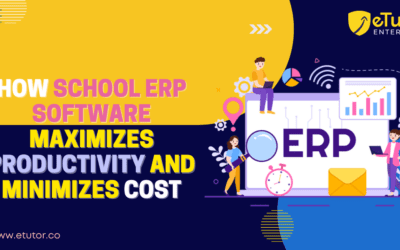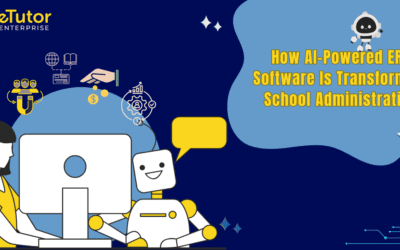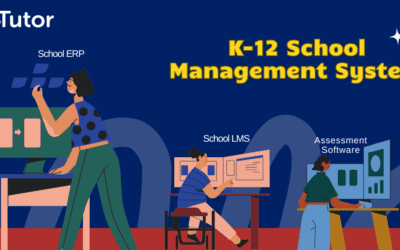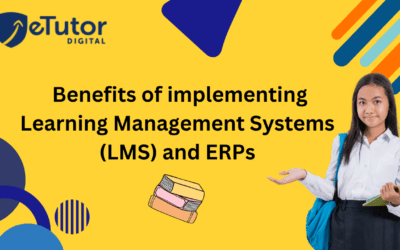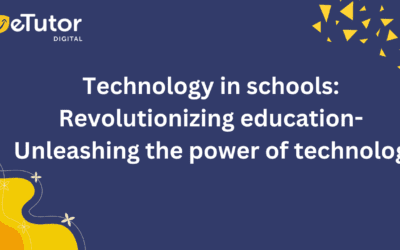How to Improve Parent Engagement with a School ERP System
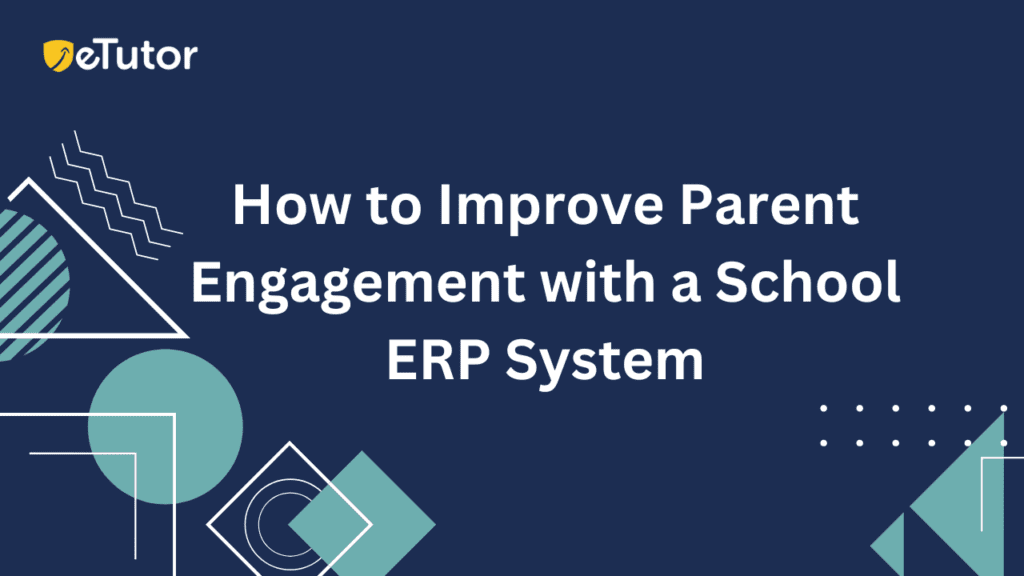
Introduction
Parent engagement in education plays a crucial role in the academic success and overall development of students. When parents actively participate in their children’s education, it creates a supportive learning environment both at home and in school.
Research consistently shows that students with involved parents tend to have better attendance, higher grades, improved behavior, and a more positive attitude towards learning.
However, maintaining effective communication between schools and parents can sometimes be challenging due to various factors such as busy schedules, language barriers, or lack of accessibility to school resources. This is where School ERP (Enterprise Resource Planning) systems come into play.
School ERP systems are comprehensive software solutions designed to streamline and automate various administrative tasks within schools. These systems offer a wide range of features, including attendance tracking, grade management, scheduling, resource allocation, and most importantly, communication tools.
Understanding Parent Engagement
Parent involvement in a child’s academic journey is fundamental to their success and development. Research consistently demonstrates that when parents actively participate in their child’s education, it leads to numerous benefits both academically and socially. Firstly, parental involvement creates a supportive and nurturing environment at home, which is essential for a child’s overall well-being.
When parents show interest in their child’s schoolwork, they convey the message that education is important, which in turn motivates the child to take their studies seriously.
Moreover, involvement in activities such as reading with their child, helping with homework, and attending school events fosters a strong bond between parent and child, leading to improved communication and a deeper understanding of the child’s strengths and weaknesses.
Impact of parental engagement on student performance
Challenges in Parent-School Communication
Effective communication between parents and schools can be hindered by various barriers, including:
Traditional communication methods, such as paper-based communication and parent-teacher meetings, also have their limitations:
The Role of eTutor School ERP Systems:
eTutor School ERP systems offer a comprehensive solution for addressing these communication challenges and streamlining interactions between parents, teachers, and administrators. Here’s how our ERP systems can help:
Benefits of Utilizing eTutor School ERP Systems for Parent Engagement:
eTutor School ERP systems offer numerous benefits for enhancing parent engagement:
Strategies for Maximizing Parent Engagement:
To leverage ERP systems effectively and boost parental involvement, schools can implement the following strategies:
These initiatives provide parents with opportunities to connect with other families, interact with teachers and administrators, and actively contribute to their child’s educational experience.
Conclusion
In conclusion, eTutor School ERP systems offer powerful tools for enhancing parent engagement and strengthening the partnership between home and school.
By providing parents with real-time access to student information, facilitating seamless communication channels, and supporting personalized engagement initiatives, our platform empower parents to play an active role in their child’s education and contribute to their academic success.
By implementing strategies for maximizing parent engagement, schools can leverage ERP systems effectively to create a supportive and inclusive learning environment that benefits students, parents, and the entire school community.
Recent Posts
- How School ERP Software Maximizes Productivity and Minimizes Cost
- How Does ERP Software for Schools Help Educators?
- Why Educational Institutions Need Online Exam Software in 2025
- How Is AI-Based ERP Software Transforming School Administration?
- Latest IIT-JEE & NEET Exam Trends 2025 | Key Changes in JEE, NEET 2025 Exams By NTA

